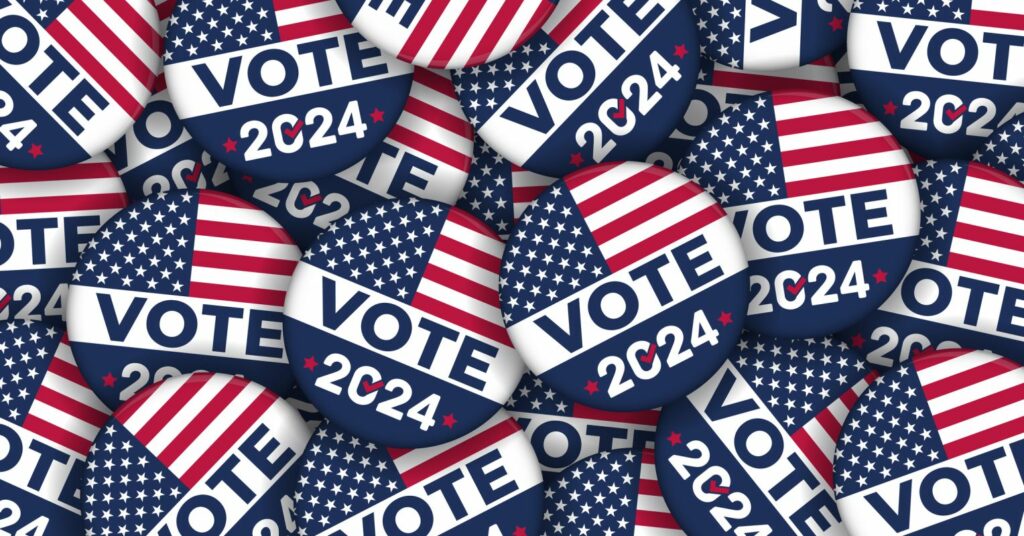What are the roots and remedies of political alienation?
Defining Political Alienation
Political alienation is a profound sense of estrangement or disconnection from the political system and its processes. It manifests in various ways, including apathy, distrust, and a feeling of powerlessness among citizens. This phenomenon is not confined to any political system but varies in prevalence and intensity across different regimes, including democratic and communist systems. Understanding political alienation’s root causes and implications is crucial for developing effective mitigation strategies and fostering more inclusive governance.
article continues after advertisement
Components of Political Alienation
Political alienation can be broken down into four key components:
Political Powerlessness: The belief that individual actions cannot influence political outcomes.
Political Meaninglessness: A lack of understanding of political processes and the inability to see how they relate to personal interests.
Political Normlessness: A perception that political norms and rules are breaking down, leading to unpredictable and unjust outcomes.
Political Isolation: Feeling excluded from the political community and its decision-making processes.
Prevalence in Different Political Systems
Democratic Systems
In democratic systems, political alienation often arises from perceived inefficacies and failures of representation. Citizens may feel that their elected officials do not represent their interests, leading to powerlessness and disillusionment. Factors contributing to political alienation in democracies include:
Electoral Systems: Complex and often perceived as unfair, leading to voter disillusionment.
Political Scandals: Eroding trust in political institutions.
Economic Inequality: Marginalising certain groups and making them feel excluded from the benefits of political decisions.
Communist Systems
In communist systems, political alienation can be even more pronounced due to the centralised nature of power and lack of democratic participation. Contributing factors include:
article continues after advertisement
Lack of Political Freedom: Limited opportunities for citizens to express dissent or participate in political processes.
State Control: Overreach of government control in everyday life, leading to a sense of powerlessness.
Propaganda and Censorship: Creating a disconnect between official narratives and citizens’ lived realities.
Case Studies
United States
Political alienation has been rising in the United States, as evidenced by decreasing voter turnout and increasing polarisation. The 2016 and 2020 presidential elections highlighted significant divisions and a growing disenchantment with the political process. Issues such as gerrymandering, campaign finance, and the influence of special interest groups have exacerbated feelings of political powerlessness and meaninglessness.
China
Political alienation in China is characterised by subtle forms of dissent and non-compliance. The lack of democratic channels for expression and the pervasive surveillance state create an environment where citizens often feel isolated from the political system. While economic advancements have provided some legitimacy to the Communist Party, issues such as corruption and human rights abuses continue to foster alienation.
article continues after advertisement
Alleviating Political Alienation
Enhancing Political Engagement
Civic Education: Implementing comprehensive civic education programs to increase political literacy and help citizens understand their role in the political system.
Participatory Governance: Creating more avenues for direct citizen participation, such as referenda, town hall meetings, and digital platforms for public consultation.
Transparency and Accountability: Strengthening mechanisms for transparency and holding public officials accountable to restore trust in political institutions.
Reforms in Democratic Systems
Electoral Reforms: Adopting proportional representation to ensure fairer and more inclusive representation.
Campaign Finance Reform: Limiting money’s influence in politics ensures that elected officials are more responsive to the electorate rather than special interest groups.
Reducing Polarisation: Promoting dialogue and understanding across political divides to build a more cohesive political community.
Reforms in Communist Systems
Political Liberalisation: Gradually introducing elements of political competition and citizen participation to give people a greater sense of control over their governance.
Reducing State Control: Scaling back government interference in everyday life to allow for more personal freedom and autonomy.
Combating Corruption: Implementing strict anti-corruption measures to build trust in the government and ensure it operates in the public interest.
article continues after advertisement
Government Policies Needed
Governments must adopt policies that promote inclusivity, transparency, and citizen empowerment to combat political alienation effectively.
Inclusive Policy-Making: Ensuring that policy-making processes are inclusive and consider all citizens’ needs and perspectives, especially marginalised groups.
Strengthening Institutions: Building robust political institutions that are open, accountable, and responsive to the needs of the people.
Encouraging Civic Participation: Providing platforms and opportunities for citizens to engage actively in political processes and decision-making.
Key Takeaways
Political alienation poses a significant challenge to the legitimacy and effectiveness of political systems worldwide. By understanding its causes and manifestations in different political contexts, governments can implement targeted reforms and policies to alleviate alienation and foster a more engaged and empowered citizenry. Ultimately, reducing political alienation requires a commitment to transparency, inclusivity, and the active participation of all citizens in the political process.
Source link : https://www.psychologytoday.com/za/blog/disconnection-dynamics/202406/bridging-the-gap-addressing-political-alienation?amp
Author :
Publish date : 2024-07-17 12:17:23
Copyright for syndicated content belongs to the linked Source.
